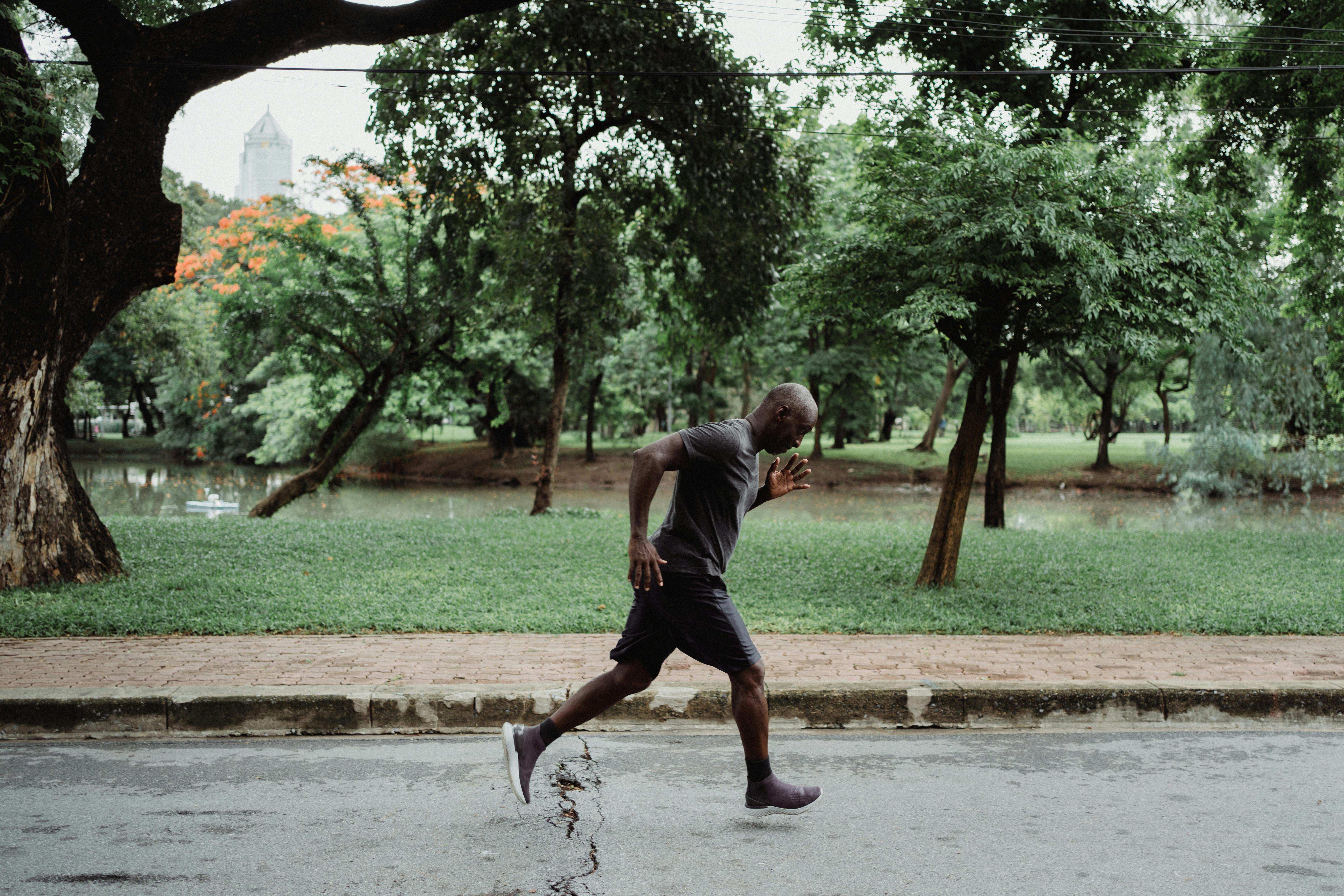Scientific research increasingly highlights the benefits of exercise in helping to keep the biological clock in check. This information will be especially beneficial to frequent jet lagged travelers around the world. One of the main problems of jet lag is that the change of time zone causes the traveler to lose his body’s natural habit of dragging. Research points to the fact that exercise helps the body keep time and helps it make adjustments using internal and external signals. Until this point, the scientific community thought that external cues were the only guides to resetting the biological clock.
As a seasoned frequent traveler, you’ve most likely experienced the evidence of a biological clock that doesn’t adjust to the time zone you’re in. He can’t fall asleep when he wants to or falls asleep at inappropriate times. Although some travelers ignore the time zone of their destination on short trips, they still have to face the fact that their body is already making efforts to adapt to it. This means that by the time they get home, their body clock is likely to be halfway through adjustment and now has to go full circle. This is stressful on your body, especially if you fly frequently. Some flyers try to control the changes in the biological clock with stimulants such as caffeine, alcohol and drugs. While these may offer a short-term benefit, they tend to lead down the path of diminishing returns and poor health if abused. Frequent travelers looking for a healthy way to reset their body clock should take a serious look at these findings. We all know that regular exercise also provides other complementary benefits to good health.
The first research from the University of Glasgow concludes that exercise strengthens the biological clock and helps it stay in sync as the body ages. The study in mice showed how restricting and encouraging exercise at different times of the day had different effects on the biological clock of the mice. A key observation of the findings was that younger mice were able to adapt faster than older mice. “Synchronization is key to healthy immune function, metabolism and mood. Evidence suggests that animals that are more strongly synchronized live healthier and longer lives” (Biello)
The second piece is a research review by A. Deslandes at Arquivos de Neuro Psiquiatria, Rio de Janeiro, Brazil, covering research from the last twenty years. He endorsed the idea that physical exercise can turn back the biological clock and in doing so has added anti-aging benefits. One method by which this can happen is when hormones act as immunomodulators. Regular exercise that triggers hormone production can affect the functionality of our immune system.
The conclusion of this research and review is that jet lagged travelers would do well to exercise as part of a preventative strategy to manipulate the biological clock to function accordingly when travelling. Also, keeping your body clock in sync is healthy and anti-aging.
Works Cited
Biello et al, (2013) Voluntary exercise can strengthen the circadian system in aged mice. Age. ISSN 0161-9152 (doi;10.1007/s11357-012-9502-y)
Deslandes A. The biological clock is ticking, but exercise can turn it back. Arch Neuropsychiatr. 2013 February; 71(2): 113-8.



